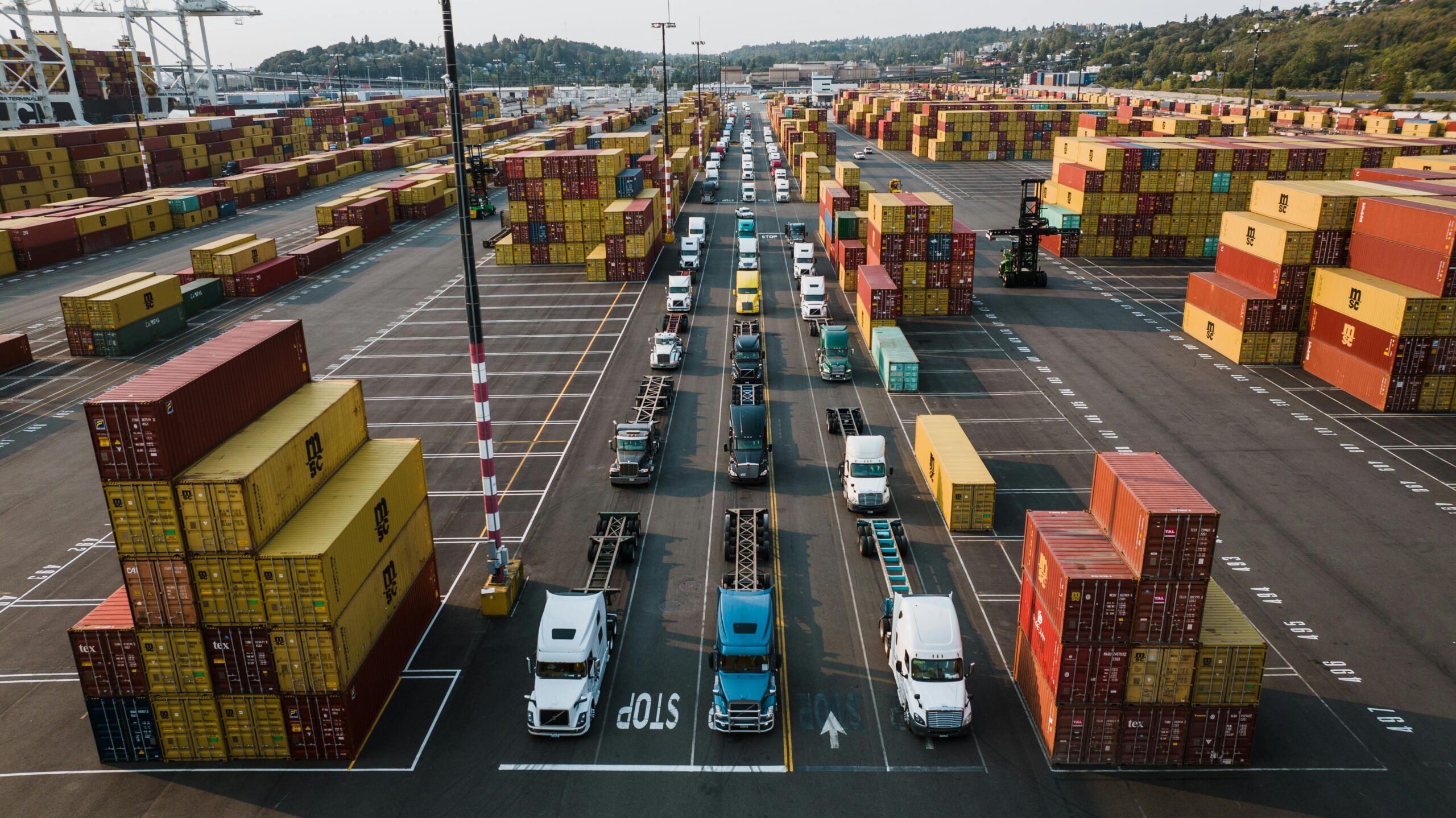
U.S. Ports Use RTEPF Grants to Strive for Emission Reduction Goals
Article by Justin Cummings
As ports play a crucial role in decarbonizing the supply chain, the Reduction of Truck Emissions at Port Facilities (RTEPF) grant offers vital support. Idling trucks not only contribute to a port’s total carbon emissions but also to the overall health of port workers and local communities. The RTEPF grant offers $400 million in available funding opportunities between 2022 and 2026. The most recent round of grants combined fiscal years 2022 and 2023 totaling $160 million. This grant, from the Bipartisan Infrastructure Law, aids ports that list transportation as over 65% of their decarbonization priority. Ports that receive funding will upgrade trucks to reduce emissions, alleviate truck congestion, and enhance electric charging infrastructure.
Several AAPA ports received grants after the deadline was extended a month during the summer of 2023 at the association’s request. Cary S. Davis, AAPA President and CEO, expressed “sincere appreciation to Congress and the Biden Administration for responding to our advocacy and granting these awards.” The grants will expedite port goals of installing and deploying technology to drastically reduce emission from port transportation.
The allocations to ports have been vital to address increased emissions from the rising demand for goods and commodities. Several ports received funds for projects already underway.
Port of Indiana-Burns Harbor will receive $4.4 million worth of electric vehicles to replace its aging and polluting diesel fleet. The Port will also obtain accompanying charging infrastructure to ensure more efficiency in maritime operations. Burns Harbor exemplifies how Great Lakes ports are proactively responding to the growing pressure to adopt zero-emission technologies across the industry.
Ports that mainly handle container cargo will also benefit from the grant program. The Port of Long Beach Container Terminal (LBCT), which is one of the busiest container terminals on the West Coast, was awarded $34.8 million from the RTEPF grant. The “LBCT Electrification Advancement Project” will replace 149 diesel and gas fuel trucks and six shuttle buses with an electric fleet while also installing 155 charging stations for the new equipment.
With essential ports such as Indiana-Burns Harbor and Long Beach receiving and deploying funds for zero-emission technologies, ports everywhere are setting the right course in improving their communities and reducing emissions.
The grant program also provides future funding opportunities. The Bipartisan Infrastructure Law provides $80 million per fiscal year starting in 2022 and ending in 2026. With AAPA’s dedicated and comprehensive grant tracking, more ports will have the opportunity ability to expedite their efforts to decarbonize and future emission reduction goals with the Federal Government’s help.
